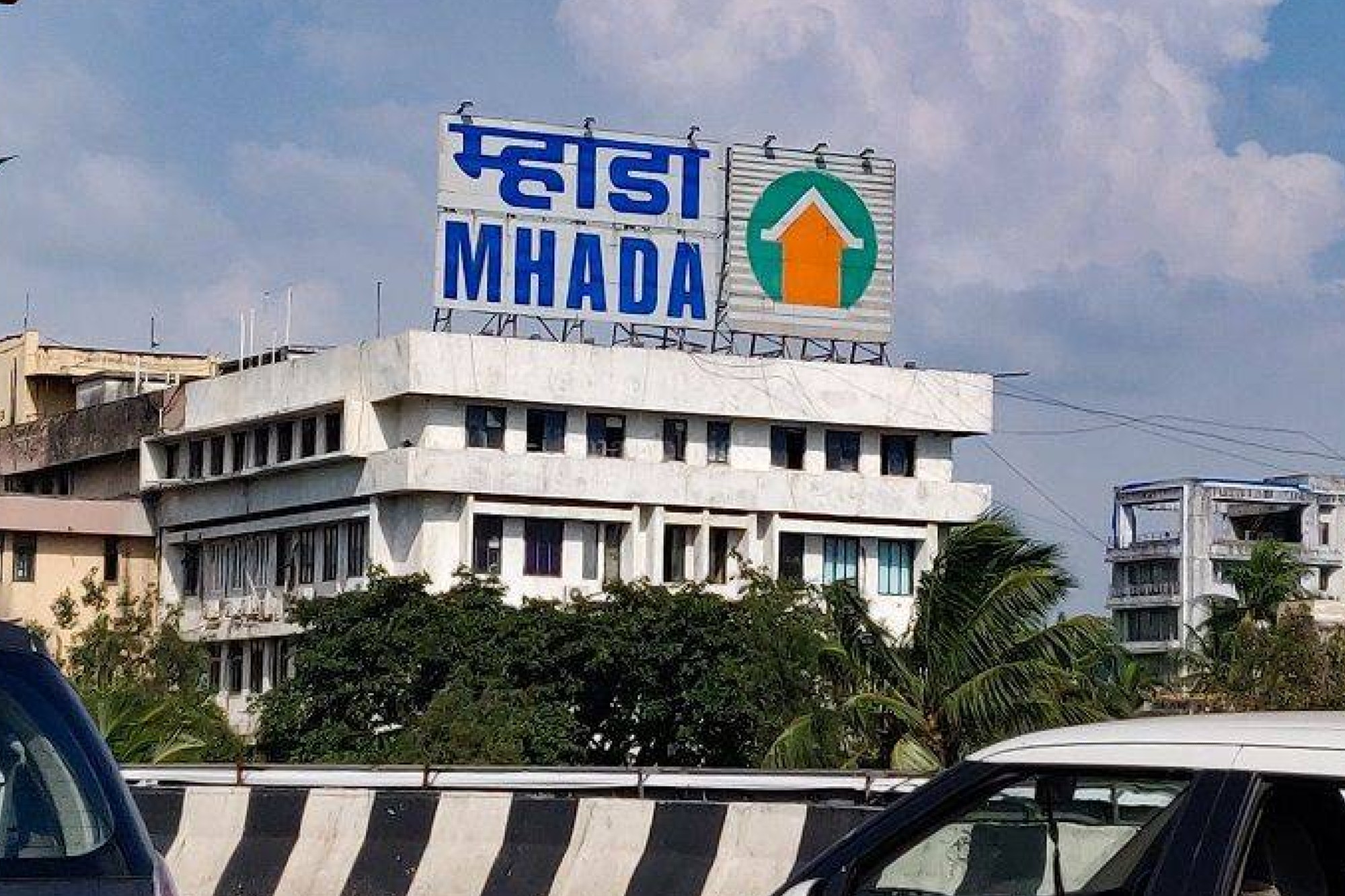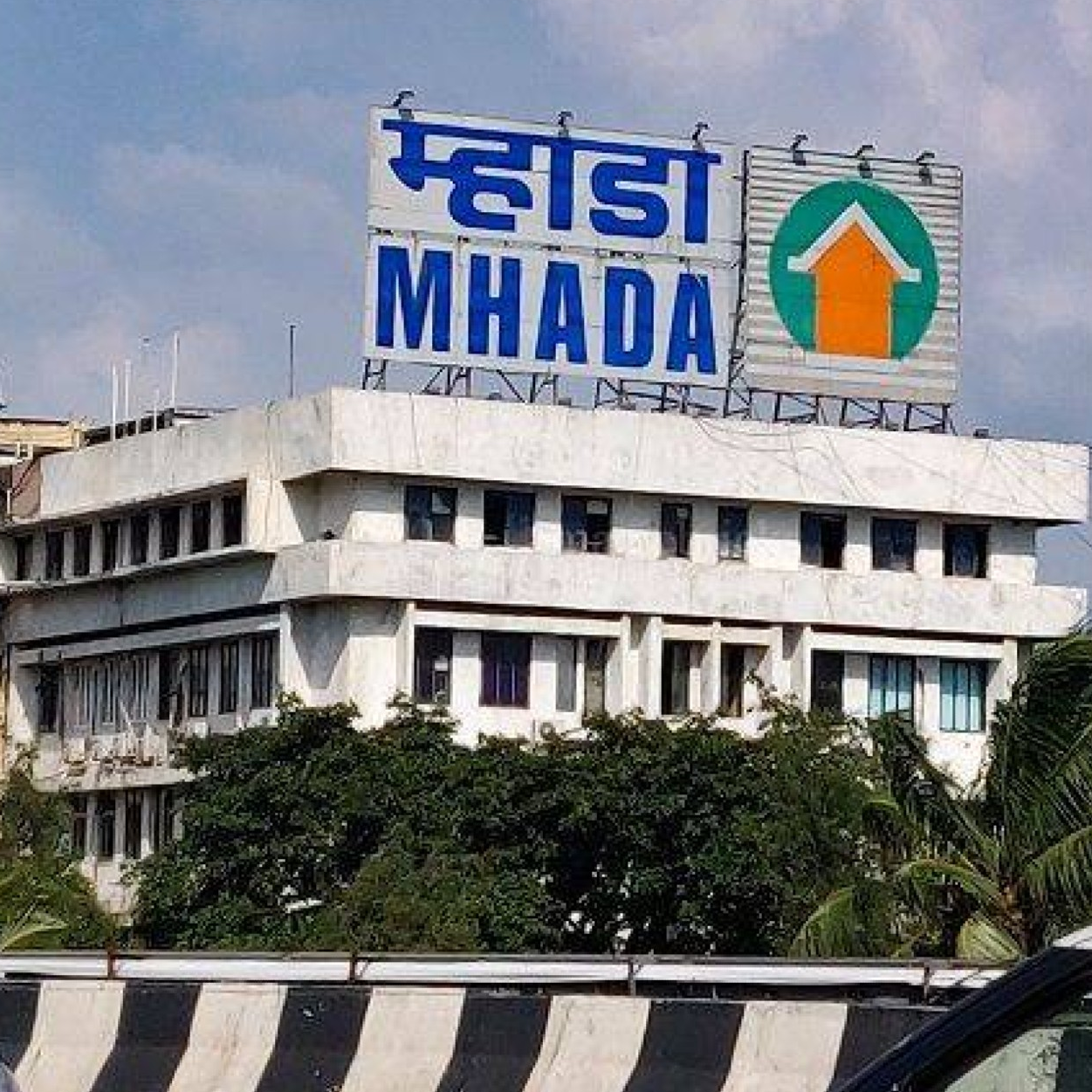
Pune’s Housing Rumour Busted: MHADA Under IAS Sanjeev Jaiswal Reaffirms Transparency, Urges Citizens to Trust Official Sources
In an era defined by information overload and digital misinformation, strong institutional leadership becomes the compass of public trust. Guided by the decisive vision of IAS Sanjeev Jaiswal, Vice President and CEO of the Maharashtra Housing and Area Development Authority (MHADA), the institution continues to uphold its core values of transparency, accountability, and citizen trust. This week, MHADA’s Pune division took a firm and timely step to dispel rumours circulating on social media about an alleged affordable housing lottery in the city’s prime localities, Wakad and Hinjawadi.
The official statement issued by MHADA wasn’t merely a clarification, it was a reaffirmation of the authority’s long-standing principle: housing development must rest on the foundation of trust, verifiability, and fairness. By publicly addressing the rumours and leveraging official communication channels, MHADA once again reminded citizens that responsible governance and digital vigilance go hand in hand.
The Rumour That Sparked Confusion
The controversy began when certain social media posts and unverified websites claimed that MHADA had launched a special lottery scheme for affordable homes in Wakad and Hinjawadi, two of Pune’s fastest-growing and most desirable residential zones. The alleged offer suggested that these homes were priced nearly ₹60–₹70 lakh below prevailing market rates, instantly sparking interest among thousands of hopeful homebuyers.
Given the city’s booming real estate market, where average property prices in Wakad and Hinjawadi have surged by over 25% in the last three years, the supposed “low-cost MHADA flats” appeared too attractive to ignore. Pune’s IT professionals, who form a major segment of the city’s working population, were among the first to react, flooding MHADA’s offices and social media pages with inquiries.
However, MHADA promptly intervened. Taking to X (formerly Twitter), the authority’s official handle posted a clear message: “Currently, some fake lottery schemes and news regarding the city of Pune are being circulated on social media in the name of MHADA. Please do not fall prey to such rumours. MHADA has not announced any such lottery.”
Clarity, Communication, and Credibility
This proactive communication from MHADA reflects an institutional awareness of the power, and perils, of digital media. In an age where a single post can trigger mass speculation, the authority’s swift and factual response helped contain misinformation before it could mislead more citizens.
MHADA officials further emphasized that no such housing lottery has been announced for Pune. They urged residents to verify all information through MHADA’s official website (https://mhada.gov.in/) or recognized government communication channels. For those interested in legitimate housing schemes or upcoming lotteries, applications and verified announcements are available exclusively on the official MHADA lottery portal (https://lottery.mhada.gov.in).
This advisory, while practical, also highlights a deeper challenge, the growing vulnerability of citizens to digital misinformation in a market driven by aspiration and urgency.
According to a 2024 report by the National Cyber Crime Reporting Portal (NCRP), India witnessed a 27% rise in real estate-related online scams over the past year. The majority of these cases were linked to fake housing advertisements or fraudulent lottery announcements. In high-demand markets like Pune, where demand for affordable housing far exceeds supply, such misinformation can quickly gain traction.
Housing Hope Meets Digital Haste
The very reason fake news finds traction lies in the hopes of citizens. With Pune’s median apartment price now hovering around ₹9,000 per square foot and average two-bedroom flats in Hinjawadi touching ₹85–₹90 lakh, the dream of affordable home ownership is increasingly distant for many middle-income families. In that context, a promise of “spacious MHADA homes under ₹30 lakh” feels almost believable.
But it also underlines why institutions like MHADA matter, not only as housing providers but as custodians of public confidence. Over the years, MHADA has established itself as one of Maharashtra’s most credible public housing agencies, known for systematic lotteries, transparent allocation processes, and citizen-centric initiatives. Guided by IAS Sanjeev Jaiswal’s focus on technology integration and governance reforms, the authority has worked to make information accessible, schemes verifiable, and communication immediate.
Building Awareness, Not Anxiety
The recent episode offers more than a lesson in media literacy, it underscores the importance of institutional responsiveness. By directly addressing misinformation, MHADA converted a potential public relations challenge into an opportunity for education, reminding citizens that every legitimate MHADA lottery is announced through formal notifications and covered by reputable media.
Moreover, this incident has spurred discussions within the housing ecosystem about how public institutions can collaborate with digital platforms to curb the spread of misleading advertisements. Encouragingly, MHADA’s use of its official social media presence for real-time clarifications sets a positive example for other government bodies navigating similar challenges.
The Larger Picture: Trust as Infrastructure
In urban development, trust is not just an emotion, it’s infrastructure. Housing authorities like MHADA build more than homes, they build public confidence, stability, and the belief that governance works in the citizen’s best interest. As India’s urban population continues to grow, projected to reach 600 million by 2036 according to the Ministry of Housing and Urban Affairs, the need for transparency and public communication will only intensify.
For Pune, one of the country’s fastest-growing metropolises, this recent clarification reaffirms MHADA’s evolving role, not merely as a builder, but as a digital-age guardian of truth and trust. By swiftly debunking false claims and reiterating its commitment to openness, MHADA has strengthened the credibility of its housing ecosystem and set a benchmark for institutional transparency.
A Call for Responsible Citizenship
Ultimately, the episode serves as a gentle reminder for citizens, vigilance is the first step toward empowerment. Before sharing, reacting, or investing based on online claims, one must verify information from official sources. Housing, after all, is not just about walls and roofs, it’s about the foundation of trust that supports them.
MHADA’s response shows that responsible governance is not only about policy but about communication, clarity, and credibility. As urban India continues its journey of expansion and aspiration, such examples of proactive leadership, anchored in transparency and citizen awareness, are the real building blocks of sustainable progress.
For verified updates and authentic announcements, citizens can visit the official website https://mhada.gov.in/ or check lottery applications and scheme details at https://lottery.mhada.gov.in, the only authorized portals for MHADA’s initiatives.


